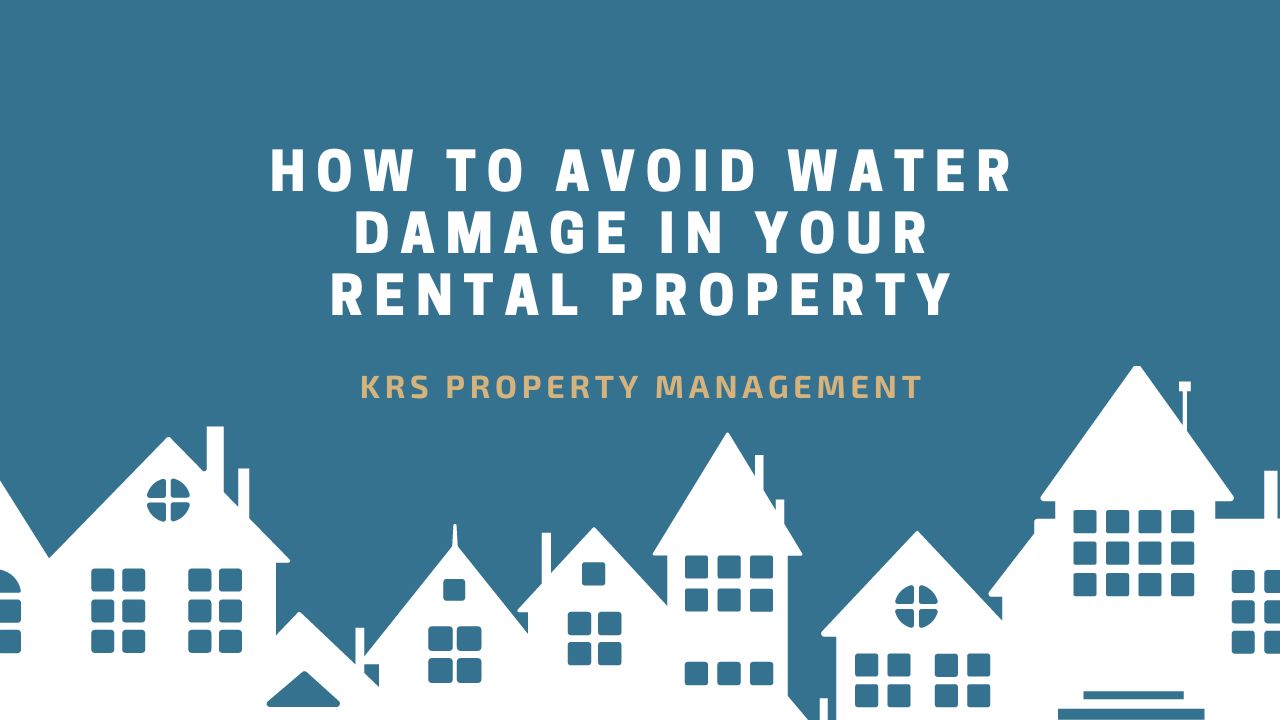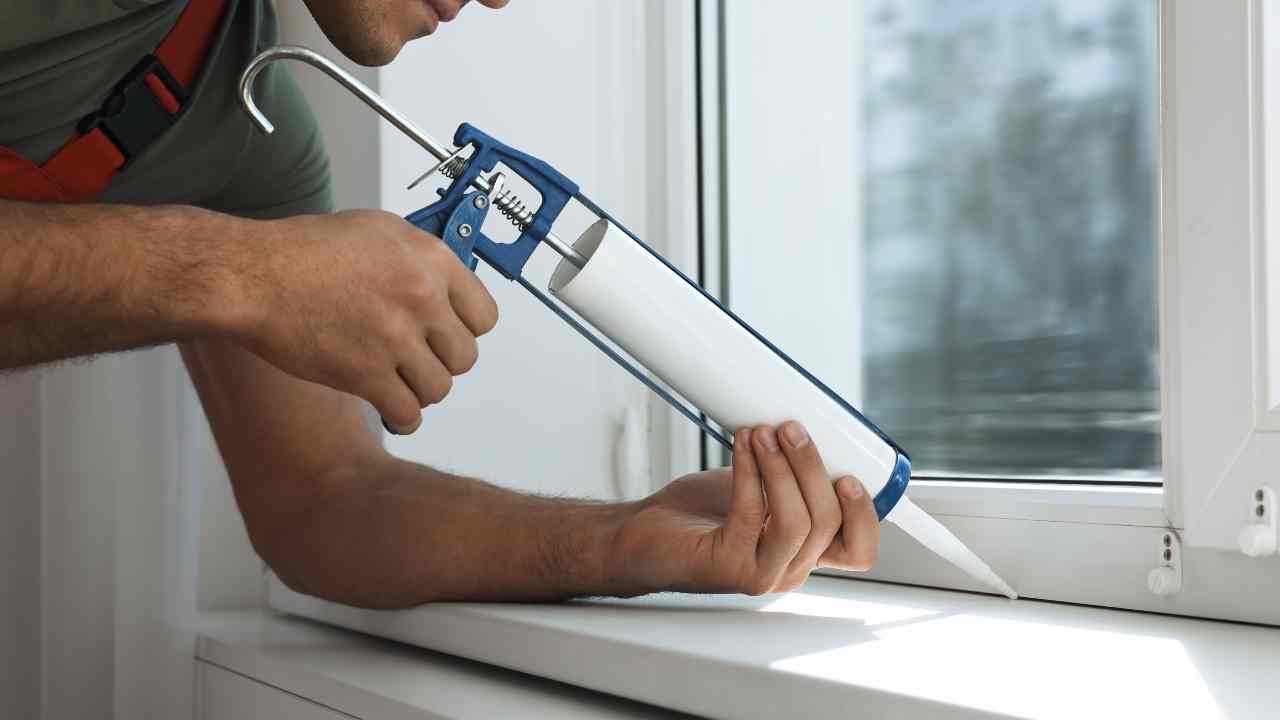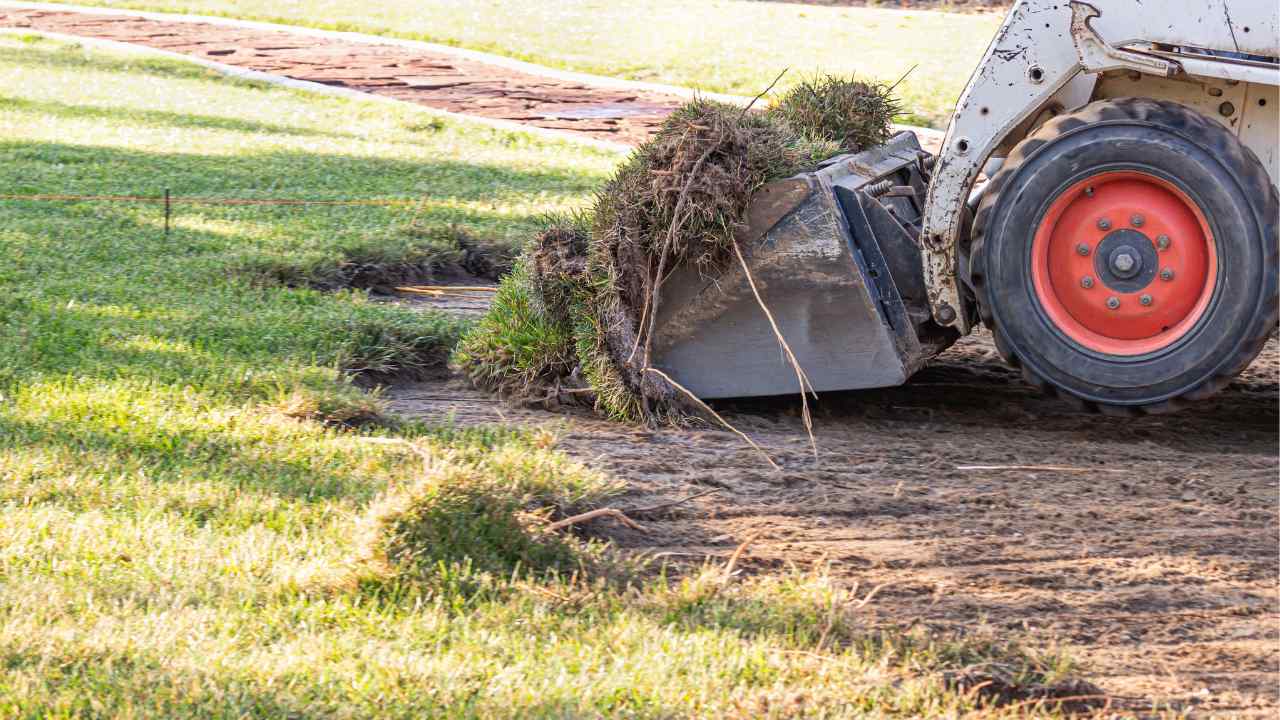
Water damage is one of the most common and costly issues landlords face with rental properties. From minor leaks to flooding, water damage can lead to significant repair bills, disrupt tenants' lives, and lower property values.
As a landlord, taking proactive measures to prevent water damage is crucial. Here’s a comprehensive guide to help you safeguard your rental property against water damage.
Regular Inspections and Maintenance
The following steps are necessary to prevent water damage:
- Conduct Routine Inspections - Regular inspections are your first line of defense against water damage. Focus on areas prone to leaks, such as the roof, plumbing, and basement. Ensure that all water-related fixtures and appliances are in good working condition.
- Maintain the Roof - A well-maintained roof is essential to prevent water intrusion. Check for damaged, missing, or loose shingles, and ensure that flashing around chimneys and vents is secure. Clean gutters and downspouts regularly to prevent blockages that can lead to water overflow and roof damage.
- Inspect Plumbing Systems - Regularly inspect all plumbing systems, including pipes, faucets, and water heaters. Look for signs of corrosion, leaks, and water stains. Replace old or damaged pipes, and ensure that water pressure is at a safe level to prevent pipe bursts.
- Seal Windows and Doors - Ensure that all windows and doors are properly sealed to prevent water from seeping in during heavy rain. Replace old or damaged weather stripping and caulking around windows and doors.

Educate Your Tenants
Here’s how to educate tenants about water damage prevention:
- Tenant Awareness - Educate your tenants about the signs of water damage and encourage them to report any issues immediately.
- Tenant Responsibilities - Include clauses in your lease agreement outlining tenants’ responsibilities regarding water damage prevention. Tenants should be responsible for notifying you of any leaks, ensuring that windows and doors are closed during rainstorms, and not flushing inappropriate items down the toilet.
Use Preventative Tools and Technology
Consider the following water prevention tools:
- Install Water Alarms - Water alarms are inexpensive devices that detect leaks and alert you or your tenants before significant damage occurs. Place these alarms near water heaters, washing machines, sinks, and other areas prone to leaks.
- Utilize Smart Home Technology - Consider investing in smart home technology, such as automatic shut-off valves. These devices can monitor water usage and detect leaks, sending alerts to your smartphone and automatically shutting off the water supply to prevent extensive damage.
Landscaping and Exterior Maintenance
Conduct the following steps to protect your property:
- Grade the Landscape - Ensure that the landscape around your property slopes away from the building to prevent water from pooling near the foundation.
- Maintain Trees and Shrubs - Trees and shrubs can add beauty to your property but pose a risk if their roots interfere with plumbing systems. Regularly trim trees and shrubs, and avoid planting them too close to the building or underground pipes.

Professional Services
Consider hiring professional inspectors to conduct thorough inspections of your property. Professionals can identify potential issues you might overlook, providing detailed reports and maintenance recommendations.
HVAC systems can also be a source of water damage if not properly maintained. It’s, therefore, best to ensure that professionals regularly service your HVAC systems and check for issues such as clogged condensate drains and leaks in the ductwork.
Emergency Preparedness
Prepare an emergency plan for handling water damage incidents. This plan should include contact information for emergency services, instructions for turning off the water supply, and steps to take immediately after discovering water damage.
You should also provide your tenants with emergency kits that include items such as towels, buckets, and a list of emergency contact numbers. Encourage tenants to familiarize themselves with the location of shut-off valves and how to use the emergency kits.
Insurance and Financial Preparedness
Ensure that your property is adequately insured against water damage. Standard landlord insurance policies may not cover all types of water damage, so consider additional coverage options such as flood insurance.
Furthermore, set aside a reserve fund for water damage repairs and renovations. Having funds readily available will allow you to address water damage issues promptly, minimizing the impact on your property and tenants.

How Property Managers Can Help Prevent Water Damage
Property managers can help prevent water damage in rental properties because they have the hands-on management skills to reduce the risk of costly water-related issues. Here’s how property managers can help:
Regular Inspections
Property managers can schedule and conduct regular inspections to identify potential water damage risks early. They can check for leaks, inspect plumbing, and ensure that roofing and gutter systems are in good condition.
Maintenance Coordination
Property managers are responsible for coordinating routine maintenance and repairs. They can hire professional plumbers, roofers, and HVAC technicians to service the property regularly. This proactive maintenance ensures that all systems function correctly and reduces the likelihood of water damage.
Tenant Communication
Property managers can educate tenants about the importance of promptly reporting leaks and water damage signs. They can also provide guidelines on handling minor water incidents and emphasize the importance of properly using appliances and plumbing fixtures.
Emergency Preparedness
Property managers can develop and implement an emergency plan for water damage incidents. This includes having a list of emergency contacts, procedures for shutting off the water supply, and steps to mitigate damage. They can also ensure that tenants know this plan and how to act in an emergency.
Bottom Line
Preventing water damage in your rental property requires a proactive and comprehensive approach. By following the above tips, you can protect your investment, maintain property value, and provide a safe and comfortable living environment for your tenants. Alternatively, work with a professional property management company like KRS Holding to ensure your property remains in top condition.






